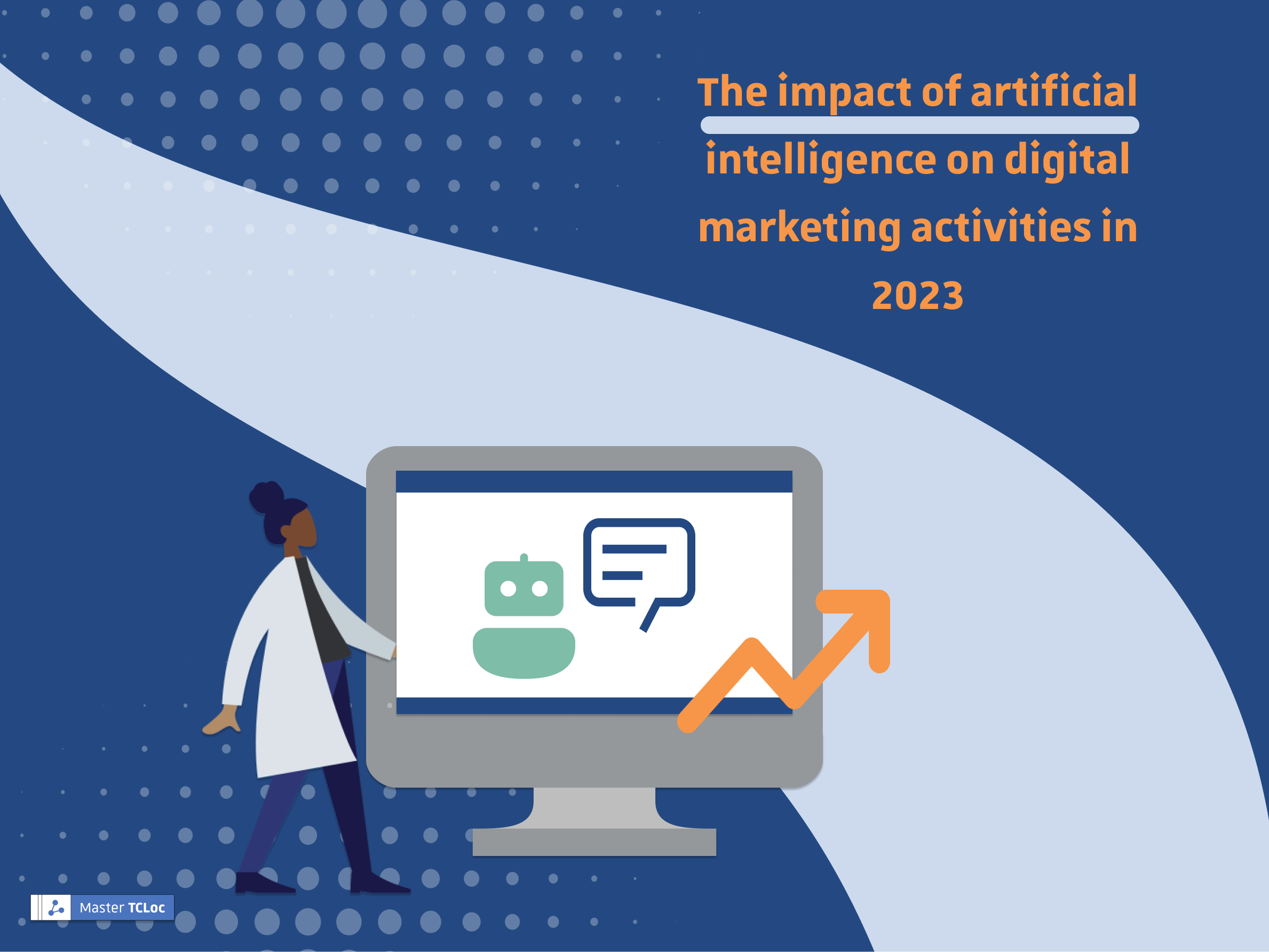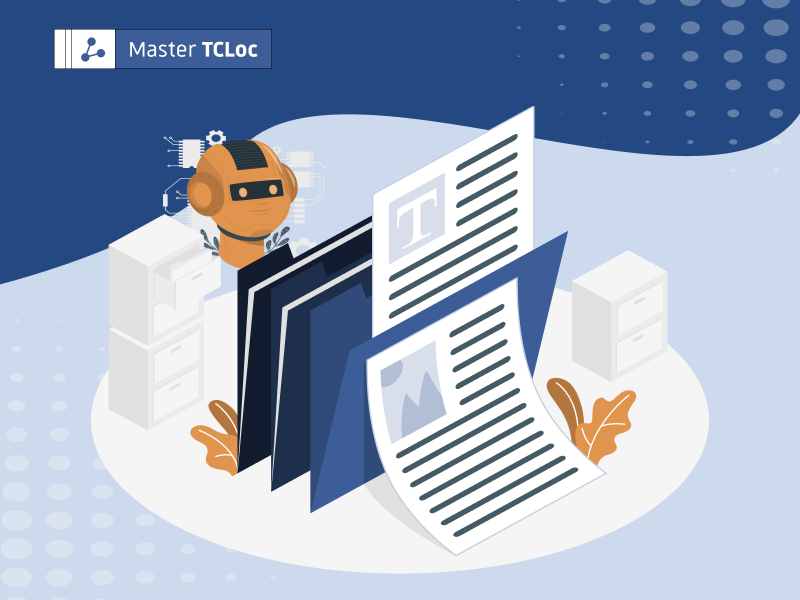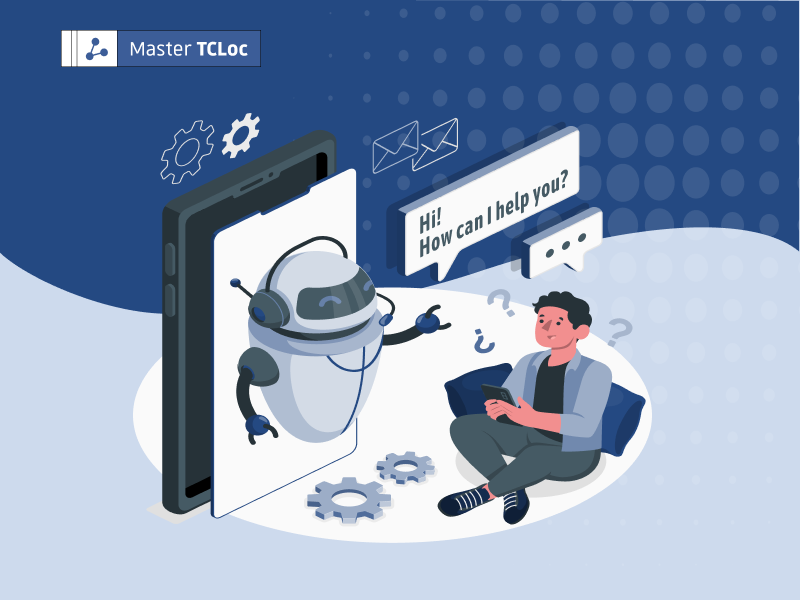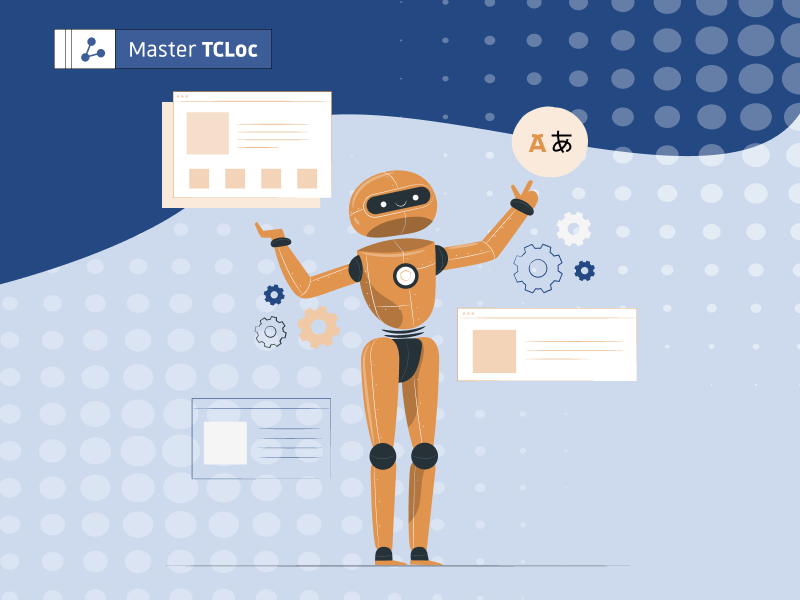The future of digital marketing is rapidly evolving, with artificial intelligence (AI) playing a significant role in shaping the industry. As technology continues to advance, businesses are turning to AI to automate and optimize various aspects of their digital marketing efforts. This shift is having a profound impact on the way businesses engage with their customers, as well as the skills and qualifications required for careers in digital marketing.
Use of chatbots with natural language processing (NLP) and machine learning (ML) algorithms
One of the key ways in which AI is impacting digital marketing is through the use of chatbots. These virtual assistants use natural language processing (NLP) and machine learning (ML) algorithms to understand and respond to customer inquiries in real-time.
As a result, businesses are able to provide faster and more personalized customer service, which can lead to increased customer satisfaction and loyalty.
Furthermore, chatbots can also be used for lead generation, appointment scheduling and more.
Use of predictive analytics in marketing campaigns
Another area where AI is making a big impact in digital marketing is through the use of predictive analytics. By analyzing large amounts of data, predictive models can identify patterns and make predictions about future customer behavior. This information can then be used to create more targeted and effective marketing campaigns.
For example, businesses can use predictive analytics to identify the best times to send emails or push notifications. And also, which customers are most likely to make a purchase.
Use of machine learning (ML) algorithms in content creation
AI is also being used to optimize the creation and distribution of content. Machine learning algorithms can help content creators identify the topics and formats that are most likely to generate engagement and conversions. Additionally, AI can also be used to optimize the distribution of content across different channels, such as social media or search engines.
Use of AI in data entry and analysis
AI is also helping to automate many of the repetitive and time-consuming tasks associated with digital marketing, such as data entry and analysis. This allows businesses to free up their human resources and focus on more strategic activities.
While AI is undoubtedly revolutionizing the field of digital marketing, it is also having a significant impact on the skills and qualifications required for careers in this field.
As automation becomes more prevalent, jobs that are primarily focused on data entry and analysis are likely to become obsolete.
Instead, digital marketing professionals will need to focus on developing skills in value-adding activities. Such as market research, product development, and customer engagement.
Additionally, as the use of chatbots and other AI-powered tools becomes more common, digital marketing professionals will need to become proficient in conversational design and NLP.
Some examples
Marketing Automation
AI-powered marketing automation platforms, such as Marketo and Pardot, can automatically collect and organize customer data, freeing up marketing teams to focus on more strategic tasks.
Customer Service
Companies like H&M and Zendesk use AI chatbots to automate routine customer service inquiries, such as tracking orders and answering basic product questions. This frees up human agents to handle more complex customer interactions.
Data Cleaning and Preprocessing
AI algorithms can be used to clean and preprocess data, removing errors and inconsistencies, and ensuring data quality. For example, OpenRefine is an open-source tool that uses machine learning algorithms to perform data cleaning and preprocessing.
Predictive Analytics
AI algorithms, such as those used in IBM’s Watson, can analyze large amounts of customer data and make predictions about customer behavior. This information can be used to inform marketing strategies, product development, and customer engagement.
Fraud Detection
AI algorithms can be used to detect fraud in real-time by analyzing large amounts of data, identifying patterns and anomalies, and alerting human agents to potential fraud. For example, Fraud.net uses AI algorithms to detect and prevent fraud in the e-commerce industry.
These are just a few examples of how AI is being used in data entry and analysis. AI technology continues to evolve… And it is likely that more innovative uses for AI in digital marketing will emerge in the coming years.
Conclusion
In conclusion, the future of digital marketing is heavily influenced by AI. Businesses are turning to AI to automate and optimize various aspects of their digital marketing efforts. This shift is having a profound impact on the way businesses engage with their customers. As well as the skills and qualifications required for careers in digital marketing. Businesses that embrace AI will be better positioned to succeed in the highly competitive digital marketplace of the future.
Learn more about Machine Learning & Artificial Intelligence :
How to Survive as a Technical Communicator in an Artificial Intelligence – Determined Future ?
Artificial Intelligence in Translation: Future Role of Human Translators



